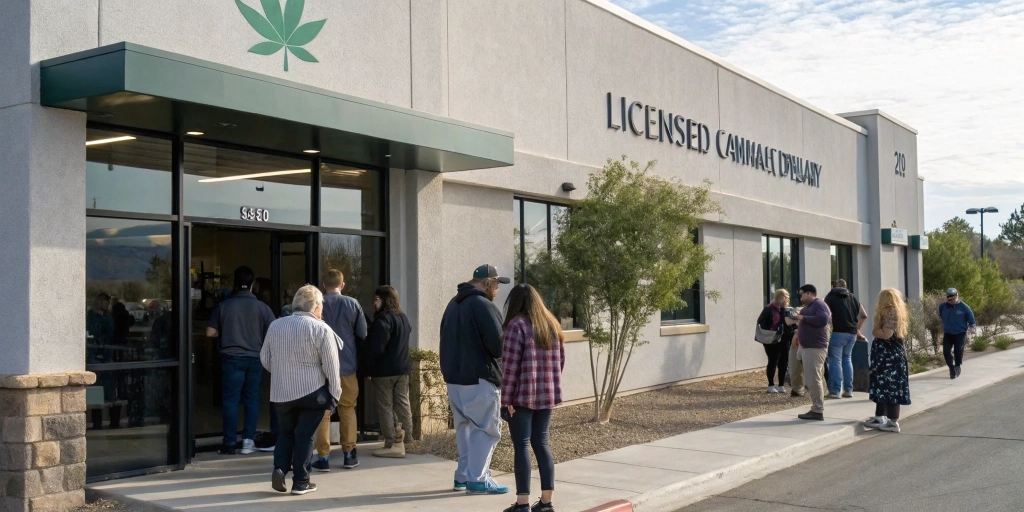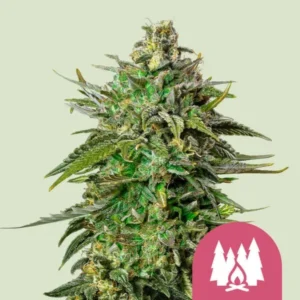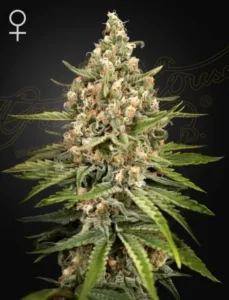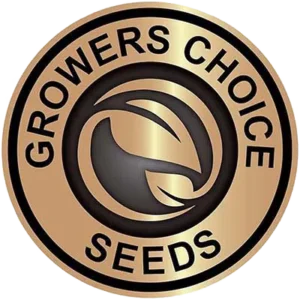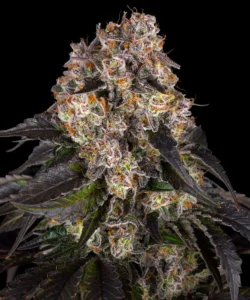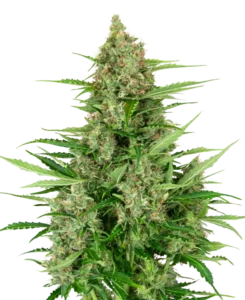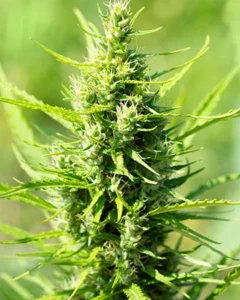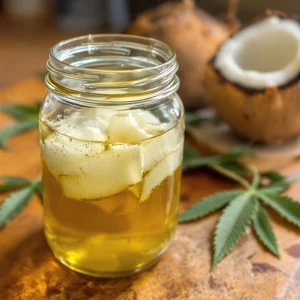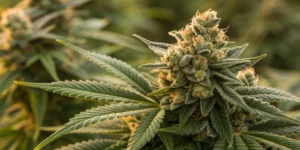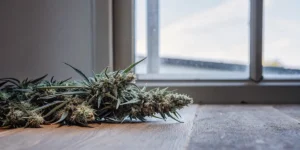National Laws Summary
Federal Regulations
At the federal level, the U.S. classifies cannabis as a Schedule I substance under the Controlled Substances Act. That classification prohibits the unlicensed sale or transport of cannabis and its derivatives, including seeds. Many people ask whether is it legal to buy cannabis seeds under federal law, and the simple answer remains no without proper authorization. Federal agencies enforce those restrictions strictly, treating seeds the same way they treat plant material or extracted compounds.
Despite continued reform efforts, federal statutes still block commercial seed sales. Legislators have introduced bills to amend the Controlled Substances Act or create carve-outs for research and industrial hemp. However, none have succeeded in removing seeds from Schedule I entirely. Even after hemp’s reclassification in 2018, regulators keep cannabis seeds under tight control unless they contain less than 0.3% THC and follow specific hemp guidelines.
Recommended Strains
Larry OG
|
|
THC | 21% - 22% (Medium) |
|
|
Lineage | OG Kush x SFV OG Kush |
|
|
Type | Feminized |
|
|
Height | 5.25 ft | 1.6 m |
|
|
Yield | Medium |
|
|
Yield Indoor | 1.47 - 1.64 oz/ft² | 450 - 500 g/m² |
|
|
Yield Outdoor | 15.87 - 17.64 oz/plant | 450 - 500 g/plant |
|
|
Flowering Time | 8 - 10 weeks |
|
|
Phenotype | 50% Indica / 50% Sativa |
|
|
Effects | Relaxed |
|
|
Flavors | Citrus, Diesel, Earthy |
Bubba Slush
|
|
THC | 22% - 23% (Medium) |
|
|
Lineage | Bubba Kush x Gelato |
|
|
Type | Feminized |
|
|
Height | 5.25 ft | 1.6 m |
|
|
Yield Outdoor | 22.93 oz/plant | 650 g/plant |
|
|
Flowering Time | 8 - 9 weeks |
|
|
Phenotype | 70% Indica / 30% Sativa |
|
|
Effects | Relaxed, Happy, Focused, Calming |
|
|
Flavors | Sweet, Diesel, Chocolate, Cream |
State-by-State Variations
States now define their own cannabis frameworks, leading to a patchwork of rules on seed purchases. In states that approved recreational use, licensed retailers often carry seeds for home cultivation. Those states include California, Colorado and others where seed sales come with clear purchasing protocols and lab testing requirements. Customers must meet age and residency criteria set by each state, and retailers must track every transaction through state-mandated systems. Popular options like the Sweet Skunk Auto strain are often available through these legal channels, offering growers a reliable and easy-to-cultivate choice.
Other states permit medical cannabis only, allowing seeds within medical programs. Patients register with a physician and state database, then order seeds through approved dispensaries. States with partial or no legalization ban private seed exchanges and use strict penalties to deter unregulated cultivation. As a result, residents and visitors must research local laws carefully before considering any seed purchase.
International Comparisons
Across Europe, Canada and beyond, countries take diverse approaches to cannabis seeds. Canada legalized recreational cannabis nationwide in 2018, enabling licensed producers to sell seeds domestically and export them under strict rules. Buyers must register with provincial regulators, and shipments need proper documentation. That clarity gives consumers confidence but limits cross-border transactions.
In contrast, many European nations tolerate hemp seeds but ban cannabis varieties with THC above legal thresholds. The Netherlands hosts coffee shops but restricts seed exports, while Spain allows private cultivation but prohibits commercial seed sales. Australia and parts of South America maintain controlled medical markets, offering seeds only via government channels. Travelers must verify each destination’s policy before shipping or carrying seeds across borders.

Purchasing Channels
Licensed Dispensaries
Licensed dispensaries represent the most transparent way to obtain cannabis seeds. Staff members guide customers through seed strains, germination rates, and cultivation tips. Dispensaries operate under state oversight, ensuring seeds meet quality and purity standards. They also verify age and residency before completing any sale. Because each state sets its own registry and tag system, dispensaries log every seed transaction in real time to a central tracking network.
Furthermore, dispensaries often partner with certified breeders to offer exclusive seed lines. Buyers receive lab-tested batches that growers trust for consistency and potency. Many shops display germination success rates on packaging, letting customers choose reliably. Those benefits outweigh risks tied to informal sources, although prices may run higher than online alternatives due to licensing fees.
Online Retailers
Online retailers deliver seeds to your door in discreet packaging and give customers a wider selection of genetics. They often ship from states or countries with clear regulations, then rely on carriers willing to transport agricultural products. Websites clarify their compliance with state and federal rules and typically require age verification at checkout. Buyers receive tracking numbers and germination guarantees, adding assurance that orders will arrive intact.
However, online seed orders still fall into a legal gray area in many regions. Some carriers refuse to transport seeds, labeling them as prohibited items. Others may intercept packages at the border and return or destroy them. Therefore, online shoppers need to choose reputable vendors who clearly state their shipping methods and refund policies to reduce the risk of losing funds or seeds.
Gray-market Risks
Gray-market sources include unlicensed dealers, peer-to-peer trading, and unregulated websites. Those channels might offer lower prices or rare strains, but buyers assume significant legal and quality risks. Seeds may arrive untested, contaminated or misrepresented. Without lab reports, buyers cannot confirm THC levels or absence of mold and pests. Additionally, unlicensed shipments invite law-enforcement scrutiny.
Beyond product quality, legal exposure increases sharply. If authorities intercept gray-market seeds, they can levy fines, seize property or pursue criminal charges. Even jurisdictions with relaxed personal cultivation laws may penalize individuals for unapproved seed imports. For that reason, consumers should stick to licensed channels or at least verify vendor credibility and documented compliance.
Age and Residency Requirements
Minimum Age Rules
States that permit recreational seed sales typically set a minimum purchase age of 21 years. That age aligns with alcohol regulations and applies to all consumers, whether they intend to grow plants or just collect seeds. Medical programs may lower the age threshold to 18 with patient certification. Retailers check government-issued IDs at the point of sale and sometimes use electronic scanners to confirm authenticity.
Young adults under the legal age risk criminal charges and fines if they attempt to buy or possess cannabis seeds. Retailers can face license suspension for selling to minors, which motivates strict ID enforcement. In states with dual medical and recreational systems, staff must separate sales logs by age bracket to comply with program rules. Those safeguards reinforce public health goals and deter unauthorized access.
Residency Proof
Licensing bodies require proof of residency before completing any cannabis seed purchase in most regions. Dispensaries ask customers to show a state-issued driver’s license or ID card. Online retailers might demand scanned documents or digital verification services. States set residency periods—typically 30 days or more—before granting purchase privileges. Visitors from other states often cannot buy seeds, even if local law allows recreational cannabis.
Medical patients sometimes bypass residency rules with reciprocity agreements. For instance, states like New Mexico accept out-of-state medical cards for seed purchases, provided the patient holds valid certification. Those programs still enforce strict data exchange between states to prevent fraud. Visitors should review each state’s reciprocity details before attempting any seed purchase.
Medical vs. Recreational
Medical and recreational frameworks differ in how they regulate seed availability and purchase limits. Medical patients often access seeds at lower costs or with higher purchase caps, reflecting their health needs. Doctors specify patient cultivation limits, and dispensaries track medical orders in a separate registry. Consequently, patients enjoy a steadier supply of seeds without seasonal recreational restrictions.
Recreational customers face tighter purchase limits and may pay higher taxes. States cap the number of seeds individuals can buy per transaction or month. Those limits vary widely—some allow five seeds, while others ban non-medical sales altogether. Therefore, recreational growers must weigh program rules against personal consumption goals and budget constraints.
Shipping and Import Rules
Domestic Mailing
U.S. Postal Service prohibits mailing cannabis seeds across state lines, labeling them as controlled substances. Courts have upheld those restrictions, and postal inspectors intercept seed packages routinely. Private carriers like UPS or FedEx also ban shipments of cannabis seeds unless the vendor holds a special license. Many growers rely on in-state delivery services or pick up seeds directly from outlets to avoid shipping challenges.
Some states allow courier services within their borders, provided drivers hold appropriate permits. Those local carriers verify IDs upon delivery and log each transaction. They also follow strict packaging requirements, such as tamper-evident seals. By contrast, interstate shipping offers no legal pathway for most seed varieties, forcing consumers to explore alternatives or travel to licensed retail sites.
Cross-border Restrictions
Cross-border seed shipments face even stricter controls. Countries enforce their own import bans, and carriers obey local agriculture laws. Customs agencies target agricultural products to prevent the spread of pests and unapproved plant varieties. Shipments lacking correct phytosanitary certificates and import permits get detained and destroyed immediately. International growers must secure documentation from both origin and destination countries before shipping any seeds.
Individuals attempting to bring seeds across borders without proper paperwork face seizure, hefty fines or criminal prosecution. Many travelers choose to mail seeds to domestic relatives before bringing plants into their travel country. Even then, they risk legal exposure. Consequently, international seed commerce remains confined to licensed businesses that specialize in agricultural exports under government oversight.
Customs Seizures
Customs and Border Protection inspects packages for prohibited items, including cannabis seeds. If agents detect seeds in a parcel, they confiscate them and may issue civil penalties up to thousands of dollars. Repeat offenders risk criminal charges under federal law. Because seeds resemble common agricultural items, customs uses canine units and X-ray machines to pinpoint suspicious shipments.
To reduce seizure risks, licensed exporters attach full documentation—variety certificates, THC test results, and import approvals. Those measures increase the chance of smooth inspections but never guarantee clearance. Unlicensed traders have little defense when CBP agents find seeds, so they virtually always lose both the product and shipping fees.
Compliance and Penalties
Fines and Charges
Violating cannabis seed laws triggers fines, administrative fees and criminal charges. States impose tiered penalties based on the violation’s severity, such as unlicensed sale, unapproved import or under-aged purchase. For minor infractions, authorities levy civil fines that range from a few hundred to several thousand dollars. Repeat or large-scale offenses carry felony charges, potential prison time and higher fines reaching tens of thousands.
At the federal level, charges under the Controlled Substances Act can bring maximum prison sentences and steep financial penalties. Prosecutors typically prioritize large distributors but may pursue individuals in border zones or those shipping seeds across state lines. Law-enforcement agencies often publicize high-profile cases to deter would-be violators and underline the importance of compliance.
Seed Confiscation
Officials seize any cannabis seeds found during inspections, arrests or traffic stops. Once confiscated, authorities destroy the seeds under controlled conditions to prevent germination. That destruction eliminates any chance of retrieving the product, leaving buyers without recourse unless a vendor offers a refund policy. Seed confiscation also enhances evidentiary cases in court, linking defendants to alleged offenses.
Handling confiscated seeds requires law-enforcement agencies to follow chain-of-custody procedures. Inspectors document packaging, origin and test results to support criminal or civil proceedings. Consumers rarely see their seeds again, so many retailers include guarantees or insurance against confiscation when they advertise shipping options.
Record-keeping Tips
Licensed sellers and buyers must maintain accurate records of all seed transactions. Retailers log purchase dates, customer IDs, strain details and inventory changes in state-approved tracking software. Growers and medical patients should keep purchase receipts, shipping confirmations and lab reports. That documentation helps prove compliance during audits or investigations.
Moreover, savvy buyers record germination trials and harvest outcomes linked to each seed batch. Those notes serve as a quality audit, enabling individuals to detect mislabeled or low-viability seeds quickly. By pairing transaction logs with cultivation records, both sellers and consumers foster transparency and reduce legal exposure over time.
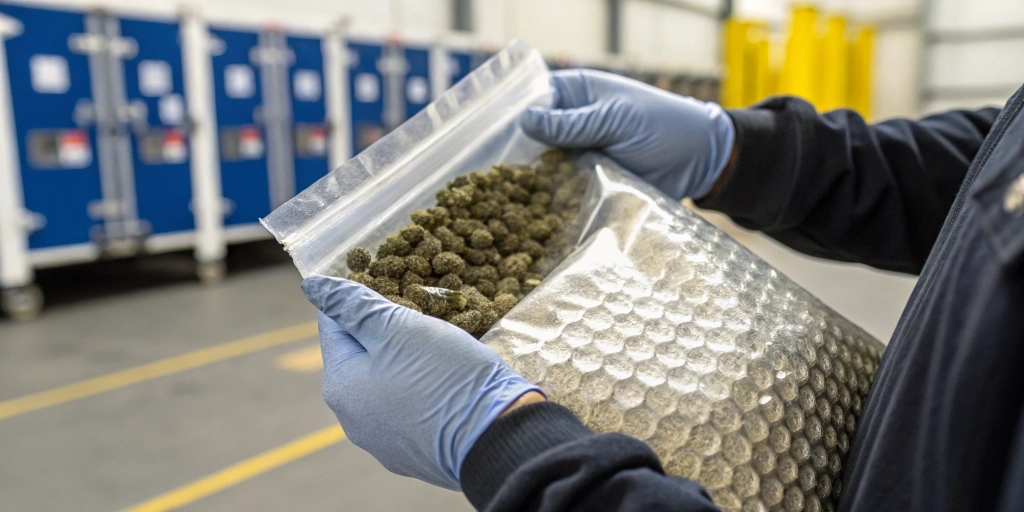
FAQs about is it legal to buy cannabis seeds
Can tourists purchase seeds?
Visiting travelers generally cannot buy cannabis seeds if they lack local residency or a medical card. Even in legal states, dispensaries enforce proof of residency and age. Some medical programs allow out-of-state patient cards, but those reciprocity agreements vary widely. Tourists should plan to visit licensed shops in advance and confirm their eligibility before expecting to purchase any seeds.
Are online orders safe?
Ordering seeds online carries inherent risks due to shifting regulations and carrier policies. Reputable vendors disclose shipping methods, refund policies and required documentation. However, carriers may intercept packages or refuse delivery unexpectedly. Shoppers must verify vendor compliance, inspect customer reviews and consider insurance options to protect their investment.
Do I need ID at pickup?
Yes, all licensed outlets require government-issued ID at the point of pickup. Retailers scan or visually inspect documents to confirm age and residency. Some states mandate electronic ID verification systems, which link directly to state databases. Without valid ID, customers cannot complete seed purchases or collect pre-ordered packages.

